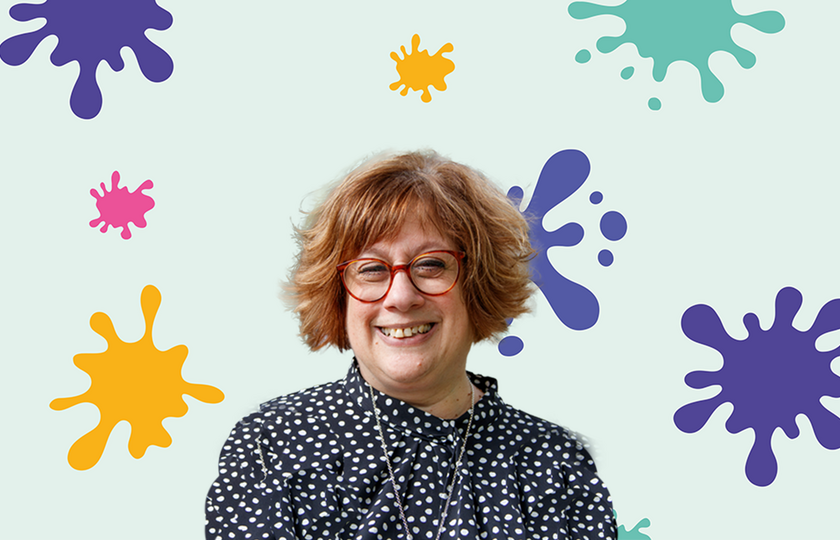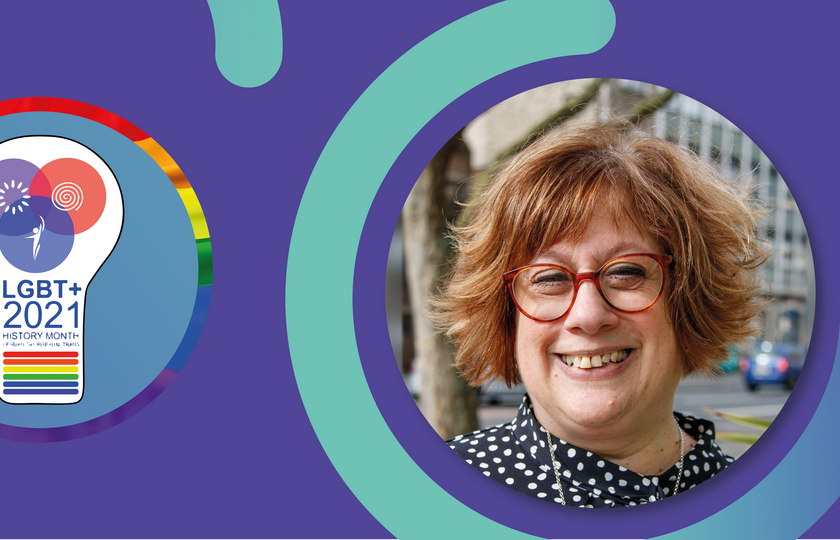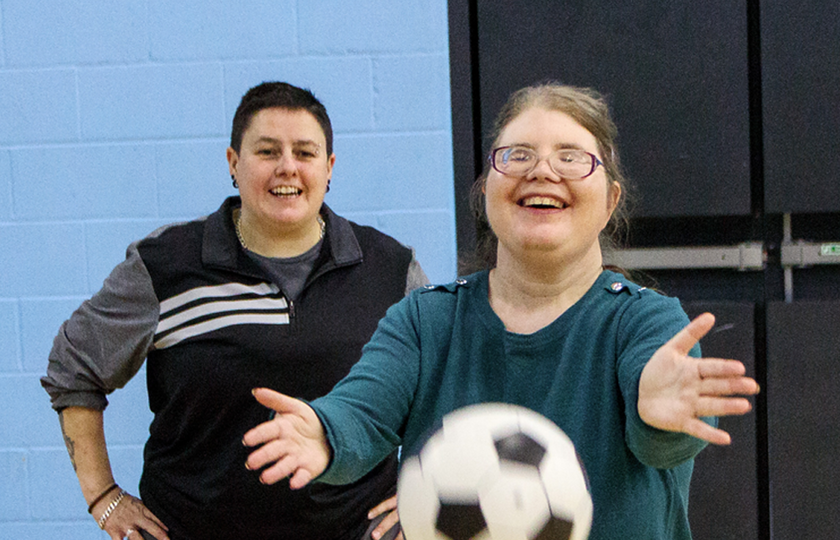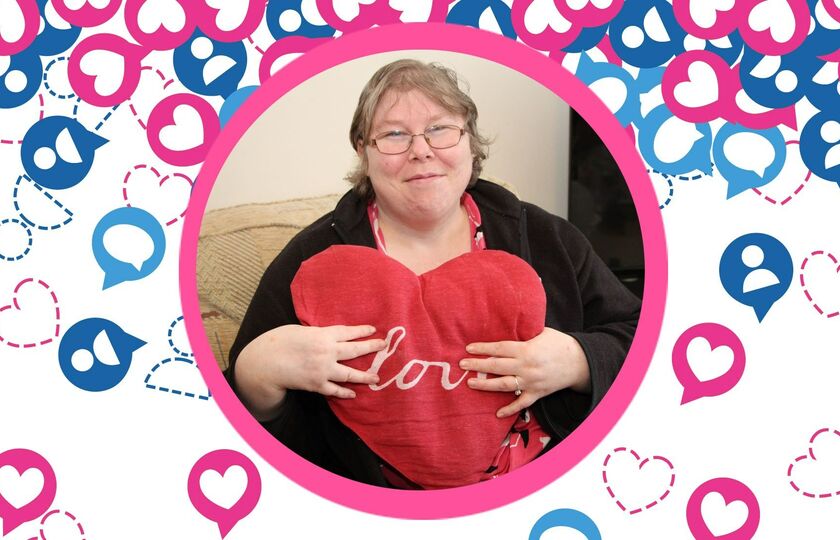Blog
How can this be so?

CEO Sarah Maguire talks about the steps we are taking to close health inequalities between the general population and those with learning disabilities, autism, and mental health needs.
It may well be 2021, but people with learning disabilities, autism and mental ill-health still face a huge range of health inequalities compared to the general population.
On average, the life expectancy of women with a learning disability is 18 years shorter than for women in the general population. The life expectancy of men with a learning disability is 14 years shorter than for men in the general population.
People with severe mental illness have a life expectancy shortened by between 10‐17.5 years compared to the general population.
This cannot possibly be right, and we need to do so much more to end these horrifying realities facing so many people. Our focus at Choice Support is on prevention, as well as education and campaigning. Support to stop smoking, reduce alcohol, and to eat healthily all help to reduce the impact of physical disease.
Early detection of disease is critical. We have launched a new training tool, which can help staff recognise and respond to rapidly deteriorating health which in turn helps health professionals to make the right clinical decision quickly.
We are also a delivery partner with the British Institute of Learning Disabilities on a national pilot of new mandatory autism awareness training for staff working in health and social care. The training, often referred to as the Oliver McGowan training, will ensure staff working in health and social care receive learning disability and autism training, at the right level for their role. Having a better understanding of people, listening to those who know and love them increases the chance of improved health and wellbeing.
It will take time and effort from us all to make sure people we support lead healthy, long lives free from preventable diseases. I am proud of the work we’ve begun.







